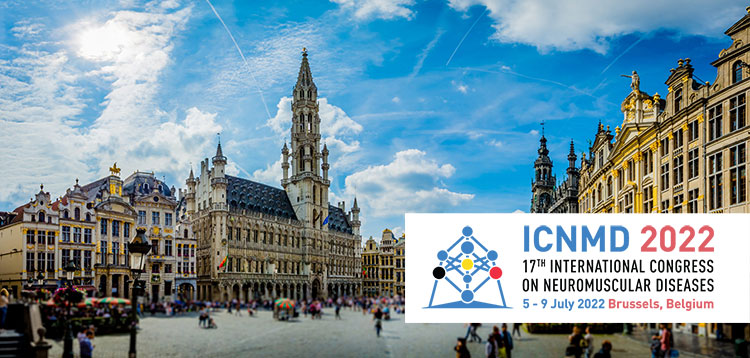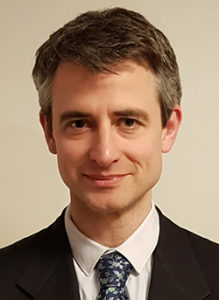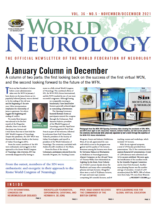
The scientific and program committee will be constituted by a membership from all continents in order to cover this wide spectrum.The ICNMD is organized on behalf of the Applied Research Specialty Group on Neuromuscular Disorders of the World Federation of Neurology. Currently, the ICNMD occurs in two-year cycles.
The main goals of the congress are to offer to delegates an updated view, including major developments on the broad spectrum of adult and pediatric neuromuscular diseases that will cover basic science and clinical practice. Moreover, it will provide strong opportunities for networking in an ambition of worldwide collaboration.

Gauthier Remich
On behalf of the Local Organizing Committee for the International Congress on Neuromuscular Diseases (ICNMD) 2022, we are pleased to invite you to the 17th International Congress, which will take place July 5-9 in Brussels, Belgium.
The format will be structured similarly to the previous ICNMD meetings, including plenary scientific lectures, teaching courses, workshops, and poster presentations. The congress will also offer virtual options for the course, including interactions with peers.
The main scientific topics that will be covered include:
- Muscle diseases (myopathies)
- Peripheral nerves diseases (polyneuropathies, mononeuropathies, cranial nerve disorders)
- Neuromuscular junction disorders
- Autonomic system disorders
- Nerve and muscle regeneration
- General/systemic diseases and cancer associated/related with neuromuscular disorders
- Syndromic neuromuscular diseases, such as hereditary ataxias and hereditary spastic paraplegias
- Transversal sessions related to next generation sequencing, new tools for clinical trials, innovating disease modifying therapies, innovations for rehabilitation, assistance devices, patient-related topics, pain, history, neuromuscular disorders worldwide, and palliative care.
Visit icnmd.org or contact us at icnmd2022@icsevents.com for more information.
Belgium and Brussels are linked to several historical figures involved in neuromuscular sciences. For example, Christian de Duve discovered the lysosomes in 1955, Henri-Gery Hers identified alpha-acid glucosidase as the deficient enzyme in type II glycogenosis in 1963, and Christian Coërs was involved in many contributions on the neuromuscular junction.
Special rates will be available for clinicians and scientists from low-income countries.
This year, the committees will also pay attention to promote the visibility of quality works coming from young clinicians and scientists submitted via abstract application that could lead to oral sessions. Students’ works via abstract application are encouraged.
We look forward to seeing you in Brussels!
On behalf of the Local Organizing Committee for ICNMD Brussels 2022 and the Belgian Neurological Society, Gauthier Remiche (MD, PhD) Hôpital Erasme, Université Libre de Bruxelles •
